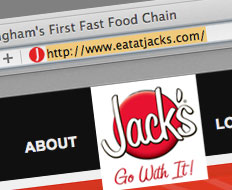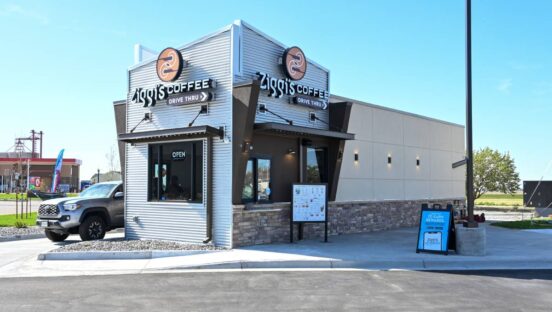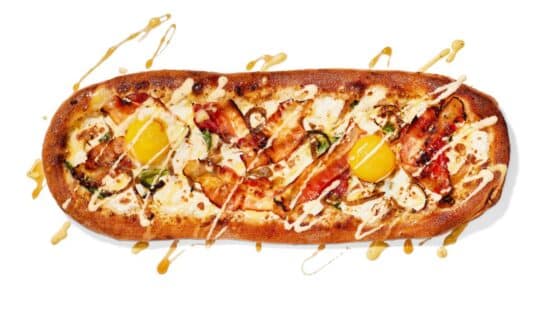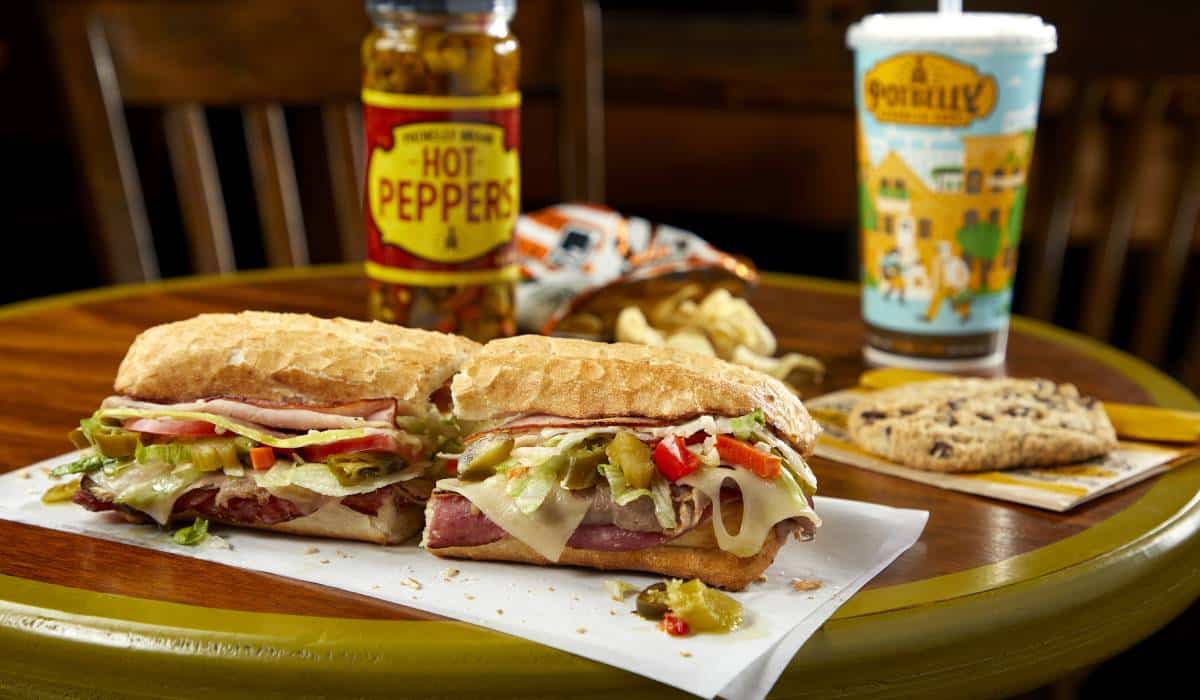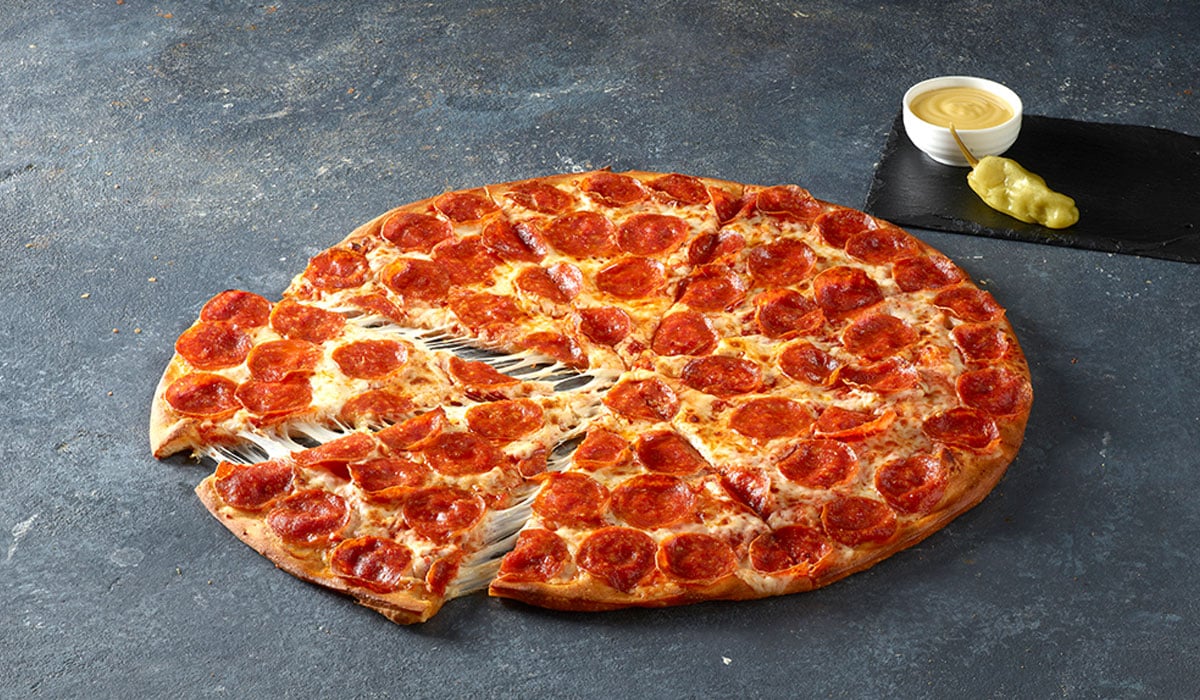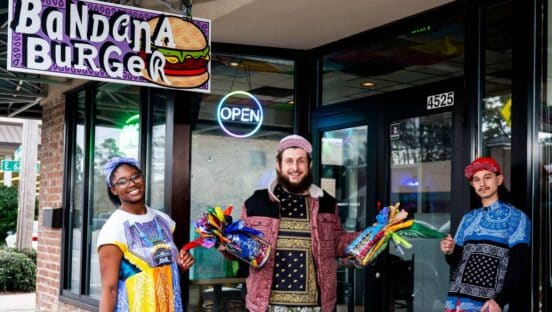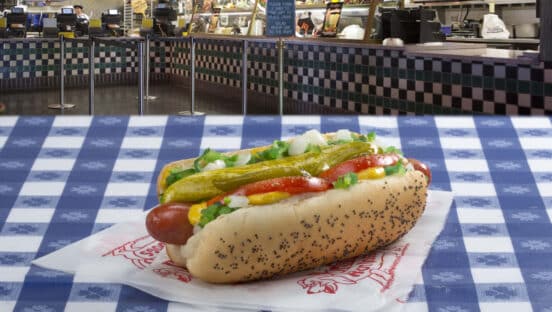If the Internet Corporation for Assigned Names and Numbers (ICANN) gets its way, quick-service restaurants and thousands of other businesses may soon be forced to write hefty checks to protect their brands online.
ICANN’s proposed generic top-level domain (gTLD) program would allow the number of top-level domain names—the words to the right of the dot in URLs, like .com and .edu—to swell from about two dozen to potentially thousands. The organization claims it will spark online innovations in an increasingly Internet-dominated society.
The program, which is set to launch an application period next month and activate new top-level domain names in 2013, will force companies to protect their brands and trademarks by applying for new domains, an investment of $185,000 per name.
Consistent monitoring of domains and the need to secure secondary domain names, which are the actual names of the sites to the left of the dot in URLs, could push costs for operators even higher.
“Some estimates hold that this will cost businesses over $2 million over the next 10 years,” says Dan Roehl, senior director of government relations for the National Restaurant Association (NRA).
Attorney Richard Donnell, who specializes in trademark and copyright licensing matters, says quick-service-brand owners he consults are rightfully “up in arms” over the proposed program.
“If brands ignore this and don’t take the necessary steps to police things, then they risk weakening their brand and, worst-case scenario, losing rights,” Donnell says.
The NRA joined with dozens of other trade organizations and major corporations, including Burger King, Papa John’s, Dunkin’ Brands, and Church’s Chicken, as a united voice against gTLD expansion.
Scott DeFife, NRA executive vice president of policy and government affairs, spoke before members of the Senate Committee on Commerce, Science, and Transportation during a December 8 hearing on the issue.
“We believe ICANN’s gTLD program would impose billions of dollars in unnecessary costs on the restaurant industry at a time when restaurant operators are looking forward to investing in their businesses and hiring employees after the worst recession in decades,” he told the committee.
As restaurants rely on the Internet to showcase their brand, the NRA fears the gTLD program gives restaurants little choice in how to respond.
“For our largest restaurant-member brands, the price tag is exorbitant,” DeFife told the Senate committee. “For the hundreds of thousands of smaller restaurant operators who depend on the Internet to communicate with guests, the costs and confusion could be insurmountable.”
For Jack’s, a Southeast U.S. chain of about 100 units, the Internet is an important vehicle for communicating the brand experience, says spokeswoman Anna Tucker. But as much as the company might wish to protect its brand throughout cyberspace, Tucker says, it would be near impossible under ICANN’s program.
“We do not have unlimited funds and would only push the matter so far,” Tucker says.
Saladworks president Paul Steck says the same is true for his brand, and that under the gTLD program, restaurant companies could also lose substantial value in brand presence, search-engine-optimization efforts, and the ability to grow the brand online.
“If this plan unfolds, small, growing corporations, if not all companies, will be deprived of our ability to protect our brands on the Internet,” he says.
While ICANN is still slated for a January 12 application launch, many operators aren’t taking action just yet.
“We are staying close to the developments on this front and mointoring the impact,” says Jamba Juice vice president of IT Robert Notte. “We will take action, as warranted, to protect our trademark.”
Still, Notte says Jamba Juice anticipates that “the .com extension will continue to be the preferred norm for some time.”
As a result of the potential changes, trademark expert Donnell says quick serves can either buy up domains or prepare to police the Internet. If brands plan on applying for the gTLD program, Donnell says, they should quickly assemble all of the relevant stakeholders, including marketing, legal, and IT departments, to complete the ICANN application.
If brands elect to forego a gTLD application, Donnell says, they should understand the measures they can take to protect their brand, including registration with ICANN’s new trademark clearinghouse, and the various means to challenge infringement cases. Since all applications will be made public, he says, brands have an early opportunity to flag possible infringement.
“There’s a lot of moving pieces involved with this program, and it’s finally entering the restaurants’ radars, but there’s a lot to digest in a limited amount of time,” Donnell says.

